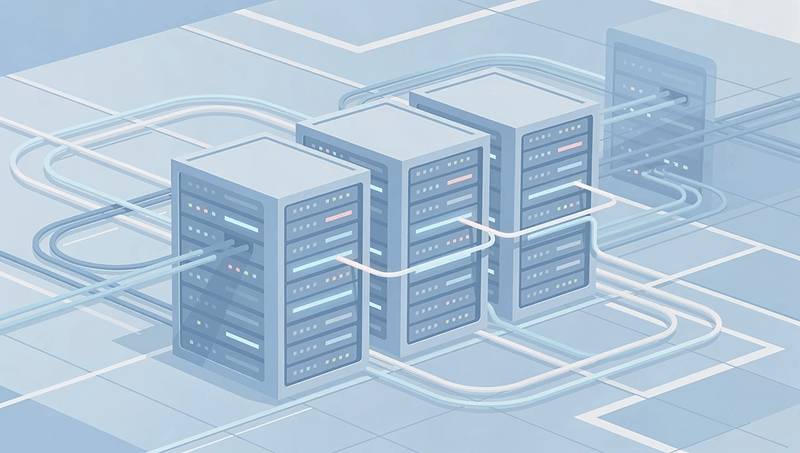What is Journaling Email?
How Does Email Journaling Work?
So, how does email journaling work? It works by becoming a permanent record of the email activity of an enterprise. This record is highly detailed that also includes many metadata elements. Here’s an example: Rajiv sends an email to a customer Gautam at 11:10 am, containing information and an attachment of a catalog of products. He CCs his manager, Gita as well. In the above scenario, the email journal would contain:
- A metadata record that Rajiv sent an email at 11:10 am to Gautam and Gita, with an attachment and the attachment’s name
- A copy of the entire email
5 Reasons Why You Need Email Journaling at Your Enterprise
Helps you adhere to your Industry’s Regulations:
Many industry sectors are not regulated and need you to preserve email data for the long term. These regulations mean you must journal and keep a record for a few years based on your sector. Globally, regulations are getting stricter for enterprises’ and consumers’ benefit. For example, the insurance industry requires all insurance companies to journal their emails because of the contractual relationship between them and their customers.
Maintains Legal readiness:
Legal troubles can come knocking on your door through no fault of yours. It could be a disgruntled former employee, an unhappy customer, a business rival, or something beyond your control; legal trouble could come knocking anytime. However, email journaling keeps you safe. Since the records cannot be modified or manipulated and are highly detailed, they hold up as electronic legal evidence in court. This ability to use email as legal evidence is also why mail journaling is becoming an industry norm.
Improves Audit Readiness
Many enterprises need to audit their email solution and email data regularly. Email journaling can speed up this audit process. There are various reasons for an email audit, like
- understanding and improving the current email strategy
- refining the email security policies
- gauging the quality of communications
- assessing the service quality of the email service provider
- and more.
But going through each email can be time-consuming. However, email journaling gives you the necessary information, helping you tick off everything on your audit checklist.










